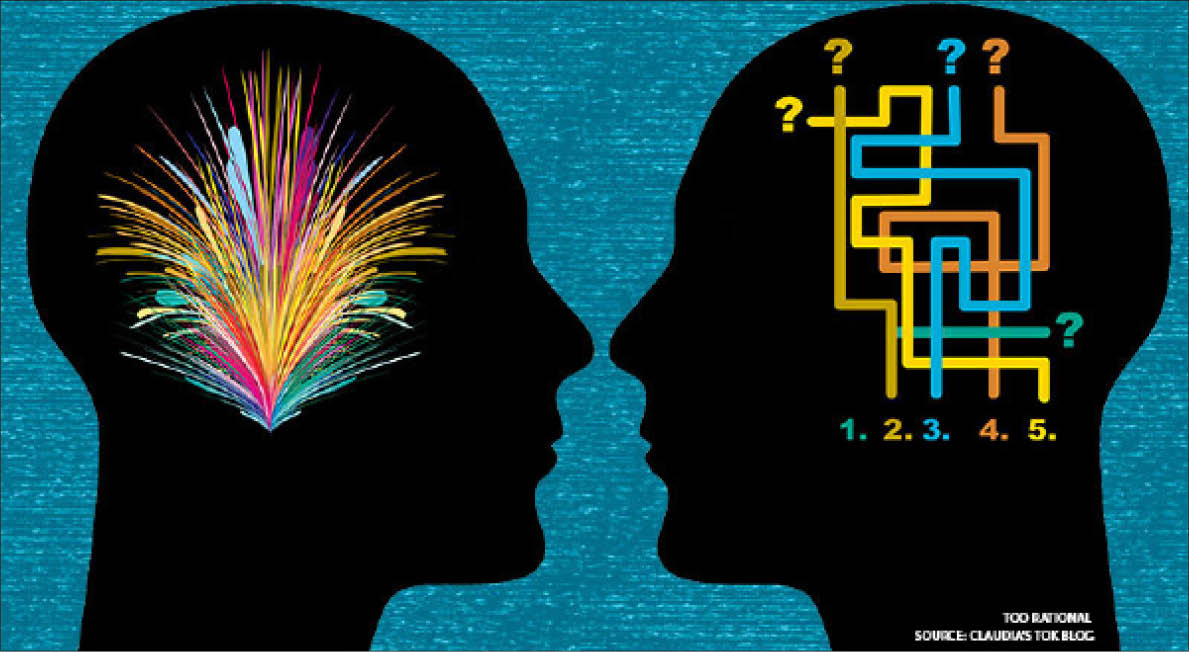(Read to the end to see an answer to a trending controversial question.)
Let’s examine an experiment conducted by psychologists and economists where participants were given some money and asked to contribute something to the communal pot. For every dollar they contributed, the researcher would match it.
As a community, the rational thing to do is to contribute more so that the researcher would add more money into the communal purse. But individually, the rational thing to do is to allow others to contribute so that you can enjoy a free ride.
- Twitter regulations attempt to suppress constitutional rights – Reps minority caucus
- Bank customers in Kano groan as cashless ATMs force POS patronage
Accordingly, some participants noticed that even if they didn’t contribute, others would. As they stopped contributing, others noticed that they were the only ones giving out money so they also stopped and the fund dried up. They didn’t want to be subjected to a sucker’s payoff.
However, contributions resumed again when those paying were allowed to fine (punish) those who were not contributing.
This is what happens in Nigeria. Many people obey traffic rules. But when the crazy ones get away with disobeying the rules, no one wants to be a sucker so everyone disobeys. And we witness chaos daily in major cities like Abuja and Lagos. This is rational.
Of course, for the irrational citizens like us who insist on following the law, this chaos is criminal, maddening, frustrating and it makes Nigeria much more unlivable. But it’s still rational.
But what is rationality?
The dictionary says that rational means “having reason.” So what is “reason?” The word comes from the Latin root ratio which means reason. Therefore, etymology is no help. It keeps us moving in circles. Accordingly, Steven Pinker in his book, “Rationality,” advised us to turn to philosophy for help.
Philosophers describe rationality as the ability to use knowledge to attain goals. Knowledge itself means “justified truths.”
When we come back to the case of Nigeria, we realize that the people are justified in the notion that lawbreakers are never punished. Instead, law-abiding citizens suffer all kinds of consequences. If you don’t bribe the police, they throw your relative in jail without trial. If you don’t “appreciate” the politician, you get no contract and if you obey traffic rules, you don’t get to your meetings.
Like Newman said in the Seinfeld TV show “this signals a breakdown in the social order. Chaos! It reduces us to jungle law.”
Similarly, if your neighbour has a nuclear weapon, the rational thing for you to do is to get one yourself. Leaving both countries poorer – ala India and Pakistan. This, therefore, is a paradox that shows that if we all act rationally, the outcome could be bad for all concerned. This is called the tragedy of the commons.
What to do?
In 1788, James Madison, the American statesman, wrote that if human beings were perfect, there wouldn’t be a need for government. So the government steps in to keep order by enacting rules, institutions and enforcing them.
So the government punishes tax defaulters because if it does not, other taxpayers would see it and stop paying. Which is the rational thing to do. But then the government would get nothing. If that happens, public works would not be done. Everyone would be for himself, doing everything to survive. In other words, living like animals.
That’s why Abubakar (RA) when he became the Caliph vowed to fight Zakah defaulters even though they were Muslims. He stood among his people and said even if he had to fight the defaulters alone, he would do it.
Because it wouldn’t be during his reign that Muslims would drop one of the pillars of Islam. If he had allowed them, others would have also dropped the payment of the tax too. Then they would drop the other four pillars one by one. Because that would have been the rational thing to do.
Just the way Nigerians have dropped obeying all kinds of laws.
So what should we do to get people to obey laws?
If you have read this far, you might have noticed that my thesis answers the controversial question: who should we blame for the people’s bad behaviours, the leaders or the people themselves?
I say blame the leaders who helm our affairs and the government. Because if the people were perfect, we wouldn’t have the government and therefore we wouldn’t have political leaders.
It would have been quite convenient for Abubakar to stand aside and say that the people were sinning against God and would pay in the hereafter. But he didn’t do that because he was the leader.
So what the leaders need to do therefore, is enforce the law and punish lawbreakers – consistently. Until keeping and obeying the law becomes our habit.
When that is done, the only lawbreakers left would be the misfits, not the general population.

 Join Daily Trust WhatsApp Community For Quick Access To News and Happenings Around You.
Join Daily Trust WhatsApp Community For Quick Access To News and Happenings Around You.


